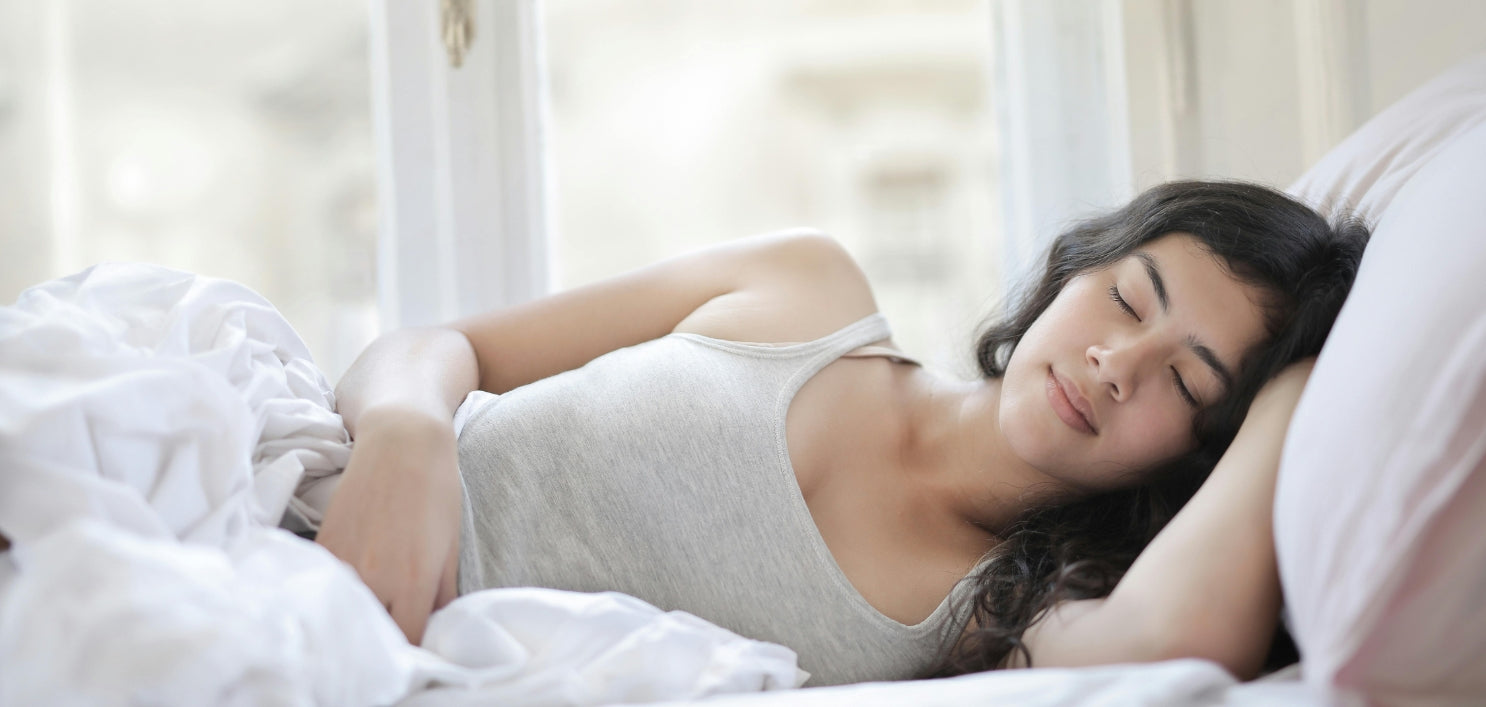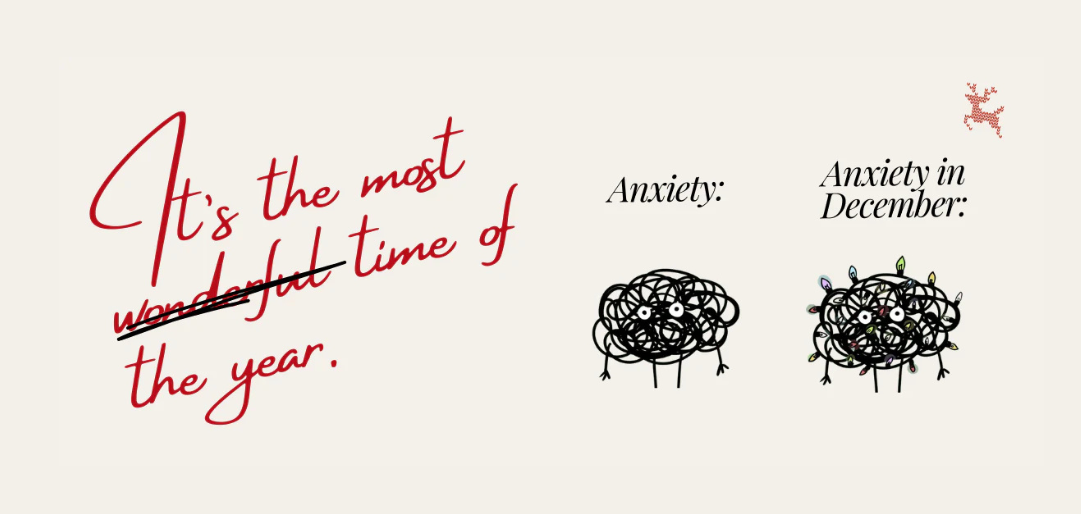There's something about the word "melatonin" that sounds...quirky.
But what is Melatonin? And why should you care?
Melatonin is a sleep-promoting hormone produced by a small pea-sized gland in your brain called the pineal gland.
It helps to regulate your sleep-wake cycle and plays an undisputed role in controlling your daily circadian rhythm.
Your circadian rhythm, AKA your "body clock", is the natural 24-hour cycle that regulates your body.

Tell me more about Melatonin
Melatonin is the Dracula hormone - it only comes out at night.
When the sun goes down, Melatonin goes up. That's how your brain tells your body it's time to wind down and get cosy.
On the flip side, when it's time to wake up and catch the worm, your body releases cortisol - the stress hormone.
Cortisol is especially useful in the mornings as it helps the brain to feel alert and primed for the day.
So, the production of Melatonin is directly influenced by light and dark. In short, our bodies find it more challenging to conjure up this sleep hormone in broad daylight.
That's why dark bedrooms and Melatonin are a match made in heaven!
Melatonin's second and slightly more fascinating role in the body is its connection to ageing.
Melatonin levels can drop as we age, one reason older adults often have difficulty sleeping.
Additionally, melatonin levels can be affected by stress, jet lag, and exposure to artificial light (like from your computer or phone screen).
Why is understanding Melatonin important?
Well, if you're having difficulty sleeping, it could be due to an unnatural exposure to light. As complex as the brain is, it can be easily confused by strange patterns of light and dark.
Before electricity was around, Melatonin was living its best life.
We were up during the day to hunt, gather resources and feed. Since we couldn't see well in the dark, we had no choice but to do all these activities during daylight.
In today's day and age, we're pretty disconnected from our biological clocks. Staying up late bingeing on Netflix and playing on our phones causes more havoc than you'd think.
Instead of spending time outdoors in the sun, we spend most of the day in poorly lit rooms. It's difficult for the brain to work out if it's day or night.
It's no wonder that so many of us have trouble sleeping!
So how do you make sure you have healthy melatonin levels?
As sleep is naturally regulated by day and night, it stands to reason that artificial light causes some of us to find it difficult to sleep.
But it's not all about light. Other factors can also affect how well you sleep. If you want to sleep better naturally, try the following:
- Reduce stress using natural aids like weighted blankets
- Increase your exposure to bright light during the day
- Reduce caffeine intake later in the day
- Maintain consistent bed and waking times
- Minimise noise and light in the evening
These tips can help you sleep better and feel more rested during the day!
Did you know that are many other hormones that help you sleep better? Visit our advice hub to learn more about all the weird and wacky hormones that impact your well-being.




Share: